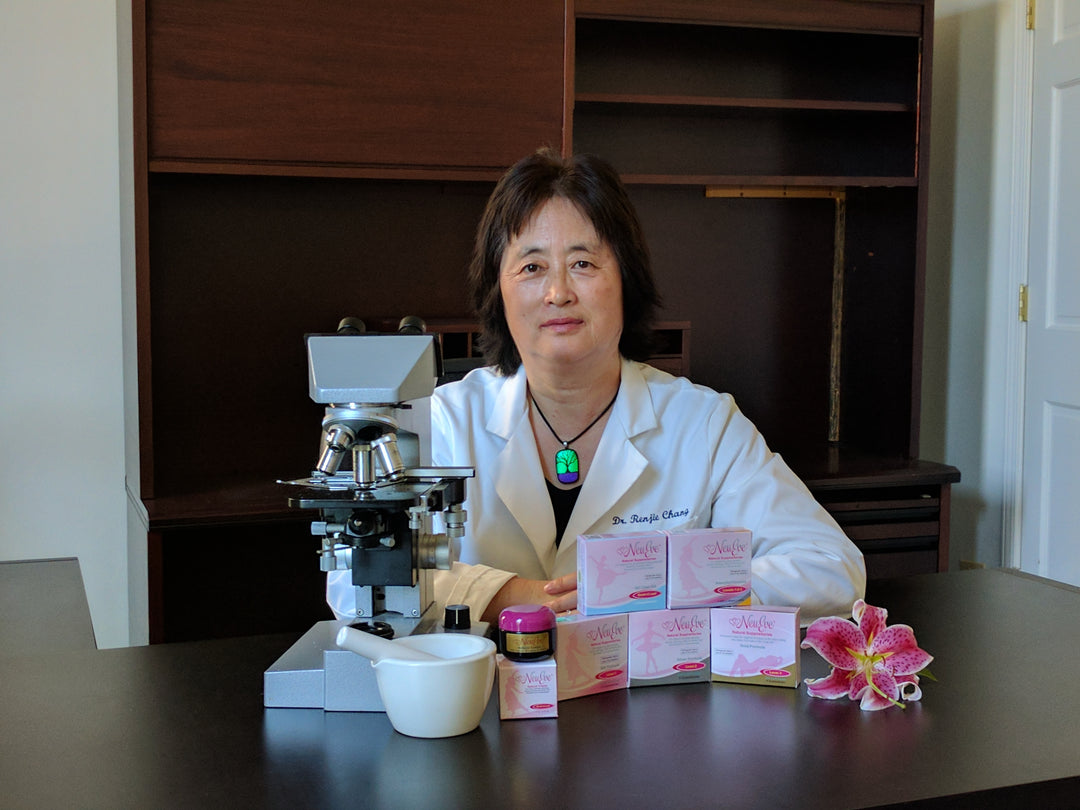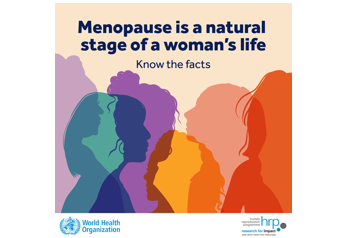Metronidazole-Associated Health Risks and Alternatives for BV Management
Metronidazole has been one of the most used antibiotics for treating bacterial vaginosis (BV). However, long-term metronidazole use raises health concerns, particularly due to its toxicity and potential carcinogenic effects.
What is Metronidazole?
Metronidazole, sold under the brand name Flagyl, is an antibiotic and antiprotozoal medication to treat bacteria and protozoal infections.
- Bacterial Infections: Effective against anaerobic bacteria, commonly used for infections of the abdomen, pelvis, and skin.
- Protozoal Infections: Treats infections such as giardiasis, trichomoniasis, and amoebiasis.

Metronidazole works by entering bacterial and protozoal cells and interfering with their DNA synthesis, inhibiting cell replication and leading to cell death.

It has multiple different forms: Oral tablets and capsules, topical gel, intravenous (IV) form, and vaginal gel.
Precautions:
- Alcohol Interaction: Can cause severe nausea, vomiting, and abdominal cramps.

- Cancer and Birth Defects: Animal studies suggest a potential risk of cancer and birth defects with long-term use. In the state of California, it is mandatory to put a warning sign on all products that contain metronidazole.
 History
History
1959: Metronidazole was first approved for medical use as a treatment for Trichomonas vaginalis.
1960s: Its use expanded to treat infections caused by anaerobic bacteria, and it became a standard treatment for BV due to its effectiveness.
Serious Side Effects Reported
- Neurological Effects: Rare seizures and peripheral neuropathy.
- Hematologic Effects: Thrombocytopenia, increasing the risk of bleeding and bruising.
- Severe Allergic Reactions: Anaphylaxis and severe skin reactions.
- Liver Toxicity: Elevated liver enzymes and, in severe cases, liver failure.
- Psychiatric Effects: Psychotic reactions, especially in patients with a history of psychotic disorders.
Common Side Effects: Gastrointestinal issues like nausea and vomiting, and central nervous system effects like headache and dizziness.
Bacterial Vaginosis (BV)
According to the manufacture's guideline of Pfizer, Metronidazole is a drug for treating anaerobic bacterial infection. However, BV is primarily considered an imbalance of the vaginal microbiome rather than a true infection. It involves a disruption in the normal balance of bacteria in the vagina, leading to decreased Lactobacillus levels and overgrowth of anaerobic bacteria like Gardnerella vaginalis.
Therefore, using an antibiotic drug to treat a non-infection condition can be controversial.
- It is not in line with the guidelines provided by the drug manufacturer Pfizer.
- The risk may outweigh benefits. BV does not cause serious health issues or death, but metronidazole has many potentially dangerous side effects, ranging from liver toxicity to cancer.
- Using antibiotics to treat a non-infection condition is an obvious overmedication. It may cause the development of drug resistant superbugs, yeast infections, potentially increasing the risk of liver failure, neurological issues, and cancer.
- Wrongful use of a product may cause ineffectiveness of the treatment. It may explain why BV often recurs after the treatment.
Overmedication with Antibiotics
Using antibiotics for non-infectious conditions or for infections caused not by bacteria (like viruses) can be considered overmedication and may lead to significant health risks, including antibiotic resistance and adverse side effects.

Overmedication is currently a major health concern in developed countries. The World Health Organization (WHO) has warned to stop overuse or misuse antibiotics to combat drug resistance.
As a consumer, it is important to make an informed decision when your doctor prescribes the antibiotic metronidazole for treating your BV, which is neither an infection nor life-threatening. The risk of cancer and other diseases may outweigh the benefits.
Does topcially applied metronidazole have less health risks?
Not really. Research has found that vaginally delivered metronidazole can be rapidly absorbed into the bloodstream. Therefore, it may have the same side effects as systemically delivered metronidazole.

Health Concerns with Long-Term Use:
- Carcinogenic Risk: Animal studies have shown an increased incidence of various tumors, including lung cancer, malignant lymphomas, breast cancer, hepatocellular carcinoma, pituitary tumors, testicular neoplasms, and uterine cancer. While some argue that cancer findings in animals don't necessarily translate to humans, it's important to remember that humans are also animals. The risk is real and should not be overlooked.
- Neurological Effects: Potential for peripheral neuropathy.
- Microbial Resistance: Repeated use can contribute to antibiotic-resistant bacteria.
Several Countries Ban Metronidazole for Animal Use
Metronidazole has been banned for use in food-producing animals in several countries due to its potential carcinogenicity and other health risks.
- United States: MSD Veterinary Manual, AVMA.
- European Union: MSD Veterinary Manual.
- Australia: MSD Veterinary Manual.
- China: USDA Foreign Agriculture Service.
Reasons for the Ban:
- Carcinogenicity: Animal studies have shown that metronidazole can cause cancer, which has led to concerns about its safety in the food chain.
- Drug Residues: The presence of drug residues in meat, milk, and other animal products can pose health risks to consumers.
- Regulatory Measures: Regulatory bodies like the FDA in the U.S. and equivalent authorities in the EU have imposed these bans to ensure public health safety.
For more detailed information on the regulatory status of metronidazole, you can refer to veterinary manuals and official guidelines from relevant health and agricultural authorities.
Banned for animal use, why is it allowed for human use?
Some infections can be life-threatening, and effective antibiotics are scarce. Clostridioides difficile infection (C. diff) is an example. Without immediate treatment, these patients' lives could be in danger. Metronidazole is a crucial option for treating such deadly infections. Although it carries a long-term risk of cancer, this risk may not be significant for short-term treatment. In life-threatening cases, the benefits of using metronidazole outweigh its potential risks.
However, BV is not a true infection; it is bothersome due to an unpleasant fishy odor but is not life-threatening. Using a potent drug like metronidazole, which carries a cancer risk, may be considered overmedication for this condition, especially when long-term use is required for treating recurrent BV.
Given these concerns, alternative treatments for recurrent BV should be considered:
- Probiotics: Help restore the natural balance of bacteria in the vagina.
- Lifestyle and Hygiene: Maintaining good hygiene, avoiding douching, and wearing breathable, cotton underwear.
- Natural Remedies: Today, safer and more effective natural remedies are available from NeuEve. Unlike other products that use a one-size-fits-all approach, NeuEve provides a range of products based on individual's age and personal health conditions.

BV Clear (for age <40)

BV Finisher (Extra strength for age <40), use after BV Clear

NeuEve Gold (for age 40-50)

NeuEve Silver (for age 50-55)

NeuEve Silk (for age 55-70)

Sensitive Silk (for age >70)
If you have one or more of the following conditions—such as using birth control, having an IUD, breastfeeding, had a hysterectomy, receiving cancer therapy, having an autoimmune disease like Sjogren's syndrome, or taking medications like antihypertensives, antidepressants, and antiallergics—you should choose a product one level higher than your age. These health conditions may cause vaginal atrophy, which makes you more senstive to stronger treatment products.
For example, if you are under 40 but are breastfeeding, you may be sensitive to the strong product BV Clear. You can choose NeuEve Gold for clearing your BV. Please read the instructions carefully before using this product for the purpose of clearing BV.
NeuEve are made with all natural and food-grade ingredients. It clears BV safely without any side effects. To date, over 100,000 women worldwide have used NeuEve and found relief from severe cases of BV, even when other products, including metronidazole, have failed. This article explains how it works.

Summary
Metronidazole is an antibiotic associated with significant side effects, including liver issues, potential carcinogenicity, and birth defects. According to Pfizer, the manufacturer, this drug is intended for treating anaerobic bacterial infections.
However, it is frequently used to treat bacterial vaginosis (BV), which is primarily an imbalance of the vaginal microbiome rather than a true infection. This usage may not align with the drug's intended purpose and could contribute to its ineffectiveness in treating recurrent BV while posing unexpected health risks.
Understanding the potential risks of metronidazole and exploring alternative options is crucial for managing recurrent BV and minimizing health risks.
Today, alternative natural remedies are available that are designed to be safer and more effective for managing BV. Using an antibiotic with cancer risks is no longer necessary.
Disclaimer: This article is for information purposes only. It is about natural products, nutrients, and/or methods for managing vaginal discomfort (not a true infection or disease). It is not medical advice for the treatment of any diseases.














Leave a comment